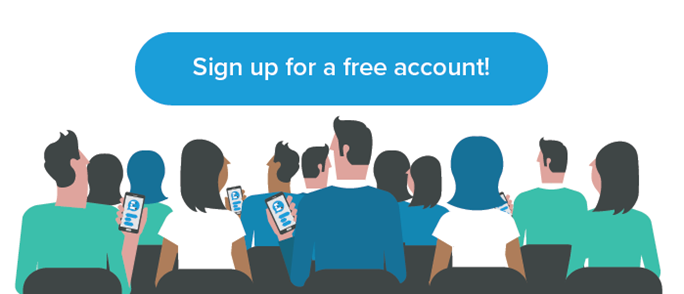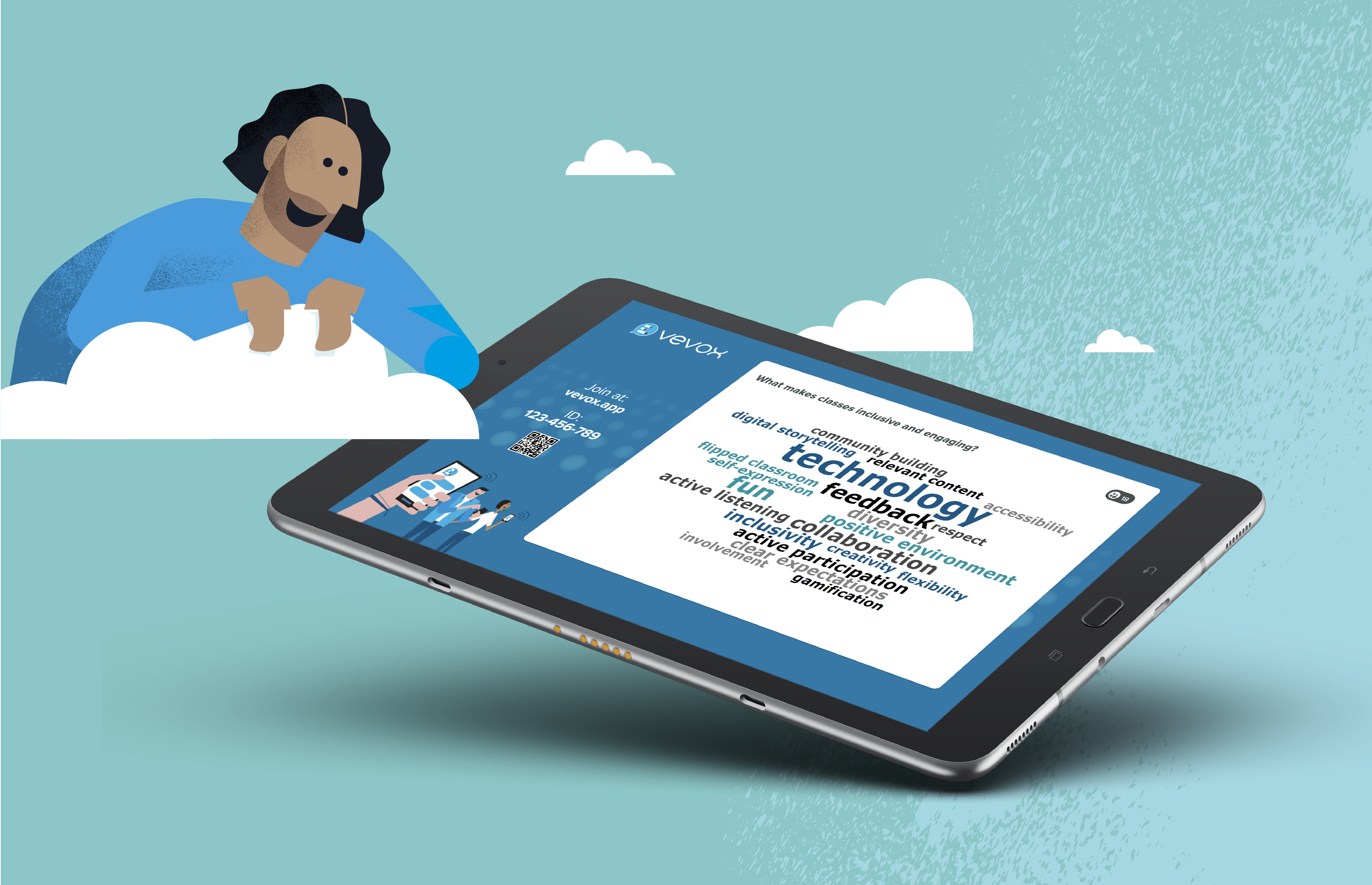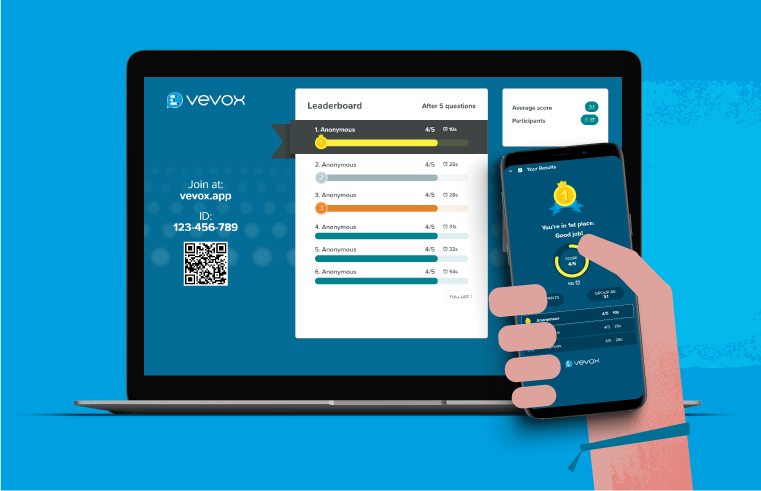It’s common knowledge that the more integrated students feel with university life and the more they have a sense of belonging, the more likely they are to stay and complete their course. Student retention is understandably a hot topic as having happy, engaged and successful students make for a fantastic university experience, as it does also for teaching and support staff. Starting university is a big life change and one that not all young people take to as easily as others. This is why ‘Freshers’ Week’, also known now more commonly as ‘Welcome Week, is a crucial time for engaging with new students and settling them into their new routine. Student retention is not just a discussion centred around new students though, checking in with existing students at the start of a new academic year also has significant benefits.
Students decide early on about whether they will like their chosen course or the lecturer, so here are our suggestions for making your welcome session a success.
Inject some fun:
Understandably, welcome sessions need to cover the obligatory ‘housekeeping’ topics but don’t forget to balance this out with some light-hearted yet engaging content. For example, you could use simple tech such as a Q&A or polling app like Vevox to ask the attendees where they come from (relevant for everyone), their favourite piece of music, film, play or book (good for music, media or English students) or most memorable holiday (good for geography, travel or hospitality students). As well as lightening the mood, revealing a certain amount of personal information can help students to form bonds with people who share similar interests or come from the same area. Using a smartphone or web app in your welcome session means that you can introduce tech in the classroom from day one to get students engaging, plus more timid students can still participate without drawing attention to themselves.
Set expectations:
Starting university comes with a lot of anticipation and possibly some trepidation. Welcome sessions are a great place to explain what is expected of students, whether that be in relation to assignments and topics or how grading works. Lecturers could also use this as an opportunity to learn about what expectations students have about the course or university life. Getting a clear understanding of expectations from both student and lecturer early on is really valuable to avoid any surprises. Vevox has a discussion board which can be set to anonymous mode to allow staff to gather feedback on students’ opinions and feelings or to take suggestions. This discussion board can be left open for a period of time after a welcome session to allow students to take everything in and take time to enter their feedback.
Start as you mean to go on:
Whilst it could be argued that easing students into university life is better, equally well giving students an assignment or starting a debate on a central theme from the word go is perhaps more realistic and helps to set the pace and sets students up better for the rest of the course. It goes without saying that polls are a great place to open a friendly and topical debate!
Keep things fresh:
Students will spend a lot of time watching and listening to presentations so make sure you use a mixture of mediums in your welcome session to keep the momentum going. Research by Cornell university suggests that student concentration during lectures begins to decline after 10-15 minutes (e.g., Stuart & Rutherford, 1978). Periodically asking questions and taking a poll is a great way to keep students engaged and for lecturers to gauge how the session is progressing and whether or not the session outcomes are being achieved. Active learning techniques such as collaborative learning are also ideal as they keep attention spans high and promote building relationships. Group tasks as part of a collaborative learning session help to boost individual and group confidence which can only have a positive impact on student satisfaction and therefore retention. In Slavin, 1991 's review of 67 studies, 61% of the cooperative-learning classes achieved significantly higher test scores than the traditional classes, so there is some evidence to suggest that the benefits are not purely psychological.
Finally, promote a sense of community:
As mentioned at the outset, a feeling of belonging is integral to students settling into their new life. Welcome sessions are the perfect place to signpost new students and remind existing ones about the avenues of help and support available to them, especially if new initiatives are launched over the summer period. Across campus there will be plenty of other welcome activities planned during welcome week, so encourage students to participate by promoting these events in your own welcome session. A great example is Salford University who created the hashtag #sliceofsalford in 2016 to help new students find everything they might need and keep them up to date with all the welcome activities that had been planned.




.png)
